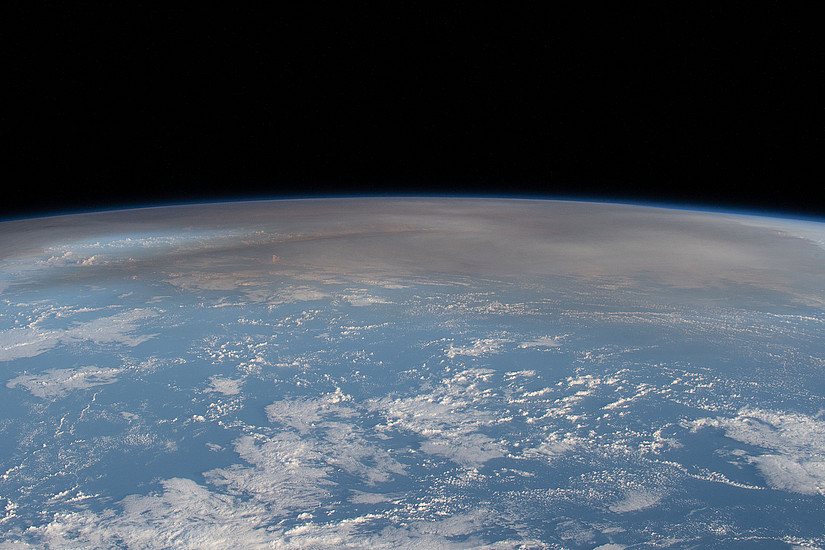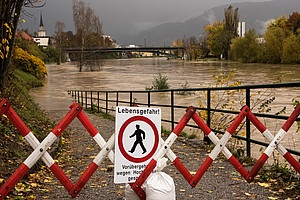The eruption of Hunga in the Pacific, north of New Zealand, was the strongest in the world after that of Mount Pinatubo on the Philippines in 1991. Unlike Pinatubo, Hunga is an underwater volcano. "The enormous amount of water vapour released during its eruption led to significant changes in the atmosphere," reports Matthias Stocker, lead author of the publication analysing these effects. "In our study, we used satellite observations and detected an exceptionally strong cooling of the stratosphere by up to four degrees Celsius, which lasted until mid-2023," says the researcher from the Wegener Center at the University of Graz. "This cooling continues into even higher layers of the atmosphere and is expected to have an effect for several years to come," says Stocker.
"There are changes in the composition and circulation of the atmosphere, such as the destruction of ozone and a deepening of the Antarctic ozone hole," explains Andrea Steiner, co-author and head of the Graz research team. "The effects of this volcanic eruption on the climate near the ground are comparatively small, so people are unlikely to notice them in their daily lives," Steiner adds, although research is still ongoing.
The study authors also consider the Hunga eruption to be a natural experiment that provides valuable insights into how eruptions affect atmospheric conditions. "In addition, the results of our research help to optimise climate models and improve predictions of global changes in atmospheric and climatic processes," says Stocker, underlining the importance of the publication.
Publication
Observed impacts of the Hunga eruption on stratospheric temperature
Stocker, M., Steiner, A.K., Ladstädter, F., Foelsche, U. and Randel, W.J. (2024)
Communications Earth & Environment, doi:10.1038/s43247-024-01620-3




